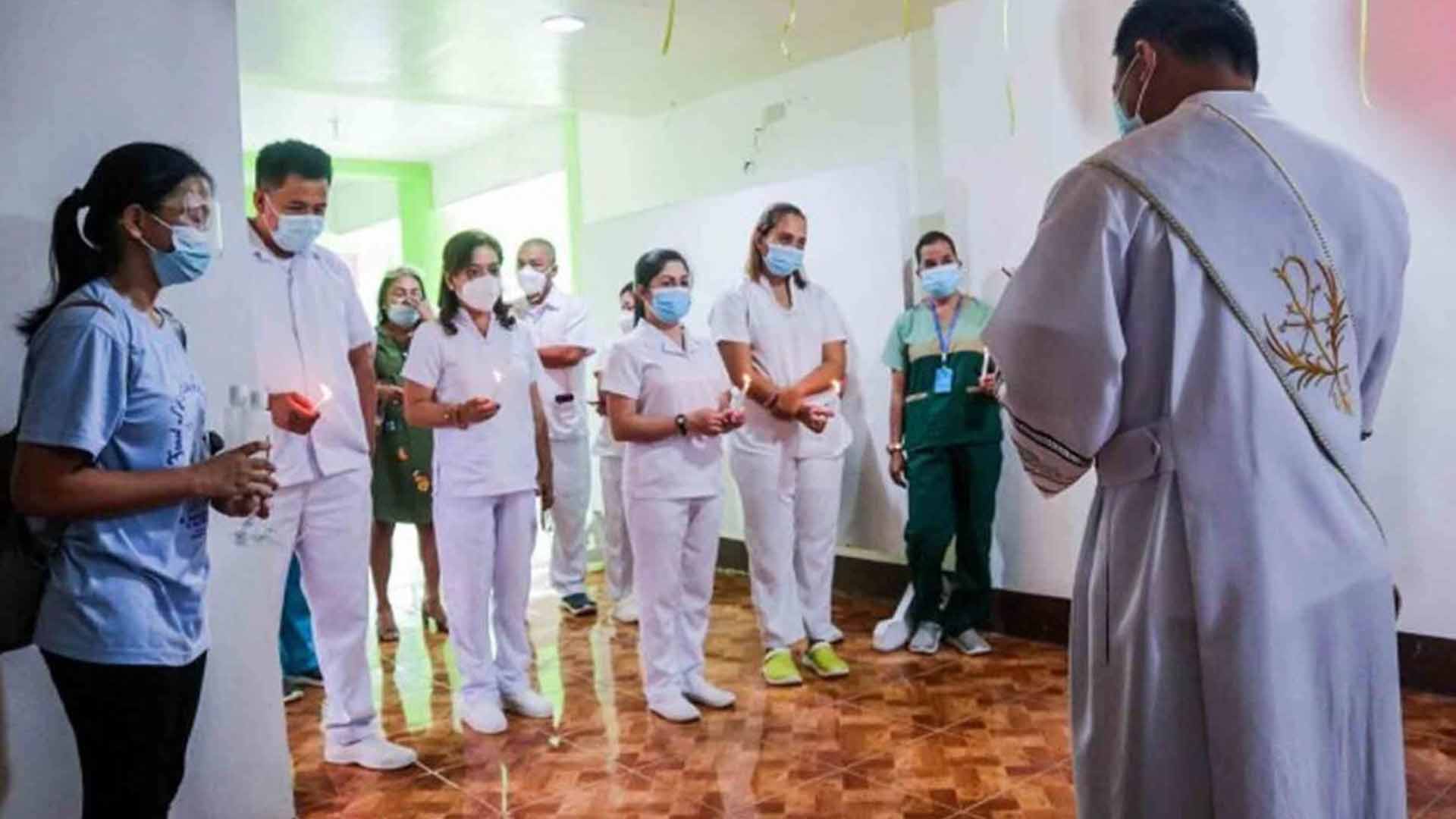The Department of Budget and Management (DBM) has approved the release of PHP1.04 billion in additional funds to cover the special risk allowance (SRA) of eligible public and private health workers in the Covid-19 healthcare response.
In a press release on Tuesday, the DBM said the release of a Special Allotment Release Order (SARO) to the Department of Health (DOH) was approved by DBM Secretary Amenah Pangandaman on Monday.
“We understand and recognize the selflessness and immense sacrifice that our health workers continue to pour out throughout these turbulent times. Isa po itong paraan sa pagkilala sa kanilang sakripisyo (This is a way of recognizing their sacrifices),” Pangandaman said.
The additional funds will cover unpaid Covid-19 SRA claims of 55,211 health workers, who will receive a grant amounting to PHP5,000 for every month they are serving during the period of the state of national emergency.
“Rest assured that we will continue to closely coordinate with the DOH so that our health care workers get the allowances and benefits they deserve,” Pangandaman added.
Qualified health workers refer to medical, allied medical, and other personnel assigned in hospitals and healthcare facilities, and who are directly catering to or in contact with Covid-19 patients, persons under investigation, or persons under monitoring.
Under Republic Act (RA) 11494, known as the Bayanihan to Recover as One Act, allowances and benefits must be given to all public and private health workers catering to or in contact with Covid-19 patients.
Administrative Order (AO) No. 36, which authorizes the grant of Covid-19 SRA to health workers directly catering to or in contact with Covid-19 patients during the state of national emergency was issued on Nov. 20, 2020.
The grant of the SRA was further extended to June 30, 2021 under AO 42.
RA 11712, which grants mandatory continuing benefits and allowances to public and private health workers during the Covid-19 pandemic and other future public health emergencies was passed into law on April 27, 2022 during the period of public health emergency starting July 1, 2021.
Under this law, the SRA was effectively replaced by Health Emergency Allowance (HEA), with amounts provided based on risk levels.
Health workers deployed in “low-risk areas” will receive at least PHP3,000; those deployed in “medium-risk areas” will receive at least PHP6,000, and those deployed in “high-risk areas” will receive at least PHP9,000.
To date, the total released allotment for SRA amounts to PHP11.857 billion.
Last month, President Ferdinand “Bongbong” Marcos Jr. said his administration is committed to improving the working conditions of nurses and other health workers here and abroad.
He vowed to reduce the disparity in salaries between government hospitals with those in the private sector and the uneven distribution of nurses in different areas around the country by addressing issues related to health facilities, benefits, and security of tenure. (PNA)







